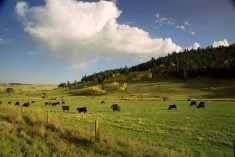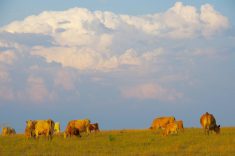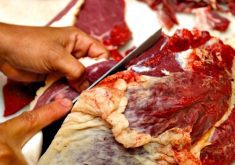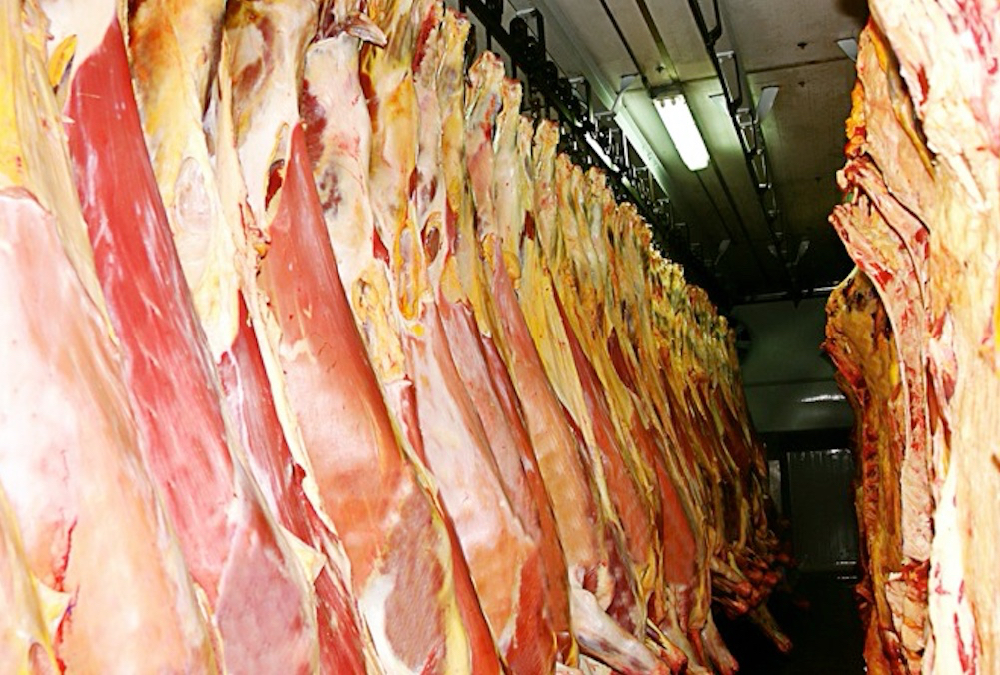In the beef industries’ quest to align with “sustainable” I would question from a health and wellness perspective if delivering sustainable through a hamburger is considered socially responsible. Are we leading children towards obesity and a heavy reliance on carbohydrates through the promotion of fast food? Is the beef industry defying the consumers’ fear of corporate strength by aligning with the McDonald’s of the world and in doing so widening the space between beef as a nutritional item and profiling corporate profiting?
These are critical questions as the industry moves forward supported generously by public funds. And although the approved Beef Cattle Research Council and beef cluster research studies to date are critical, collaborative and will influence production change, I wonder if this is enough. Through the lens of social science it is unlikely that selling the idea that a hamburger sold by an American firm to Canadians would drive transformational change and be seen as a social and environmental contributor to the public good.
Read Also
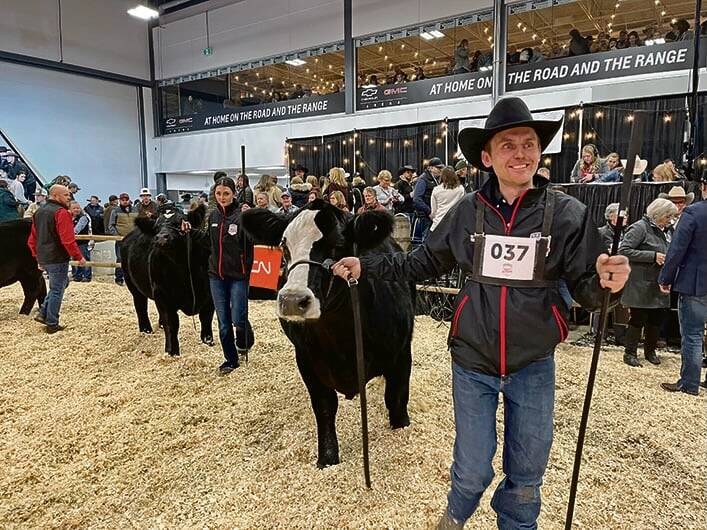
What to know before you go to Agribition 2025
If you’re attending Agribition 2025, this is the place to find out about tickets, dates and what’s happening this year.
- More ‘Straight from the hip’ with Brenda Schoepp: Changing the dialogue in agriculture
The requirement for Canadian Roundtable for Sustainable Beef certification that 30 per cent of the mix comes from “sustainable” sources is misleading and does not address the bigger question of social responsibility from a broader stakeholder perspective. Primary cattle producers, cattle feeders, processors, retailers, international marketers, government, staff and partner organizations are all stakeholders. The consumer is a large part of this system and through buying power — is the largest group and has the final say. Internally, the fact that public funds were spent to collaborate on a sustainable program in which 70 per cent of producer stakeholders may never benefit is questionable. Externally, it is hardly a strategic move that addresses the growing nutritional anxiety in the largest stakeholder group, the consuming public, or contributes to a measurable social benefit other than environmental improvement.
Admittedly, any suggestions in production practices that increase awareness are of value. However, if food for the future will be measured on the nutrient content, on the ability of the consumer to access it and afford it, then the industry must position beef on the plate. Yes, what our meat eats matters, as is how it is presented as a complement to the vegetables or fibres on the menu.
As producers of food, the social aspect of everything the beef industry says and does must be a reflection of its values. Consumers might appreciate protecting land or using less water as a value but the overarching alignment and constant highlighting of the promotion of the agreements with McDonalds, who sold US$22.82 billion of fast food in 2017, could be questioned in aligning with consumer values of nutritional food.
It is true that Canadians, including myself, love burgers and 46 per cent of people living in Canada eat a burger at least once a week. The rate at which Canadians eat burgers and the role of the burger in a child’s nutritional needs are two different discussions. If we have other related social and health issues because we have chosen a burger repeatedly over a serving of meat and veggies as a meal, then the beef industry through alignment and by default becomes may be seen as part of the problem.
The global need to deliver nutrient-dense food is ever increasing as is the anxiety of the consumer. Investment in First World food alternatives is increasing and money is fleeting in developing countries where it is needed. As the selection of available nutrient-dense food in First World countries increases, so will the pressure on the beef industry to design, deliver and present food in a way that is hearty enough to garner the consumers’ respect.
At the heart of every challenge is a link — our human need to connect. And the consumer is wanting to connect with their food in a way that allows them to be part of something outside of themselves. This idea of community is evident in all age groups. An example is the connection in farm direct sales and farmers markets. This once defined “short-term trend” is now the mainstay of urban and rural economies earning nearly double that of the entire Canadian beef and beef cattle industry combined.
Things change. Beyond the burger, how is the beef industry going to embrace the consumer in their community? What does a community of mutual respect and shared values look like? What are those values?
These questions must be asked moving forward and require the beef industry to be outward looking. Price will always be a driver for a certain demographic, taste for another but as the pressure on food production increases and resources become stressed, delivering a nutrient-dense product that all can access and relate to will be the way of the future.
The recent move of WeWork to ban meat from all company events is the first of many social statements to be made by those of influence. Look for more of “if I am footing the bill” moves towards nutritionally based offerings that may or may not include beef. Perceived or real, the message is clear: Beef needs to be seen and appreciated as a nutritional, social and environmental contributor to the public good.
Nutrient profiling is technically possible and that road less travelled by the live animal industry is wide open for engagement. As the industry selects its pathways of commerce, research and communication for the future, there is an opportunity to honour our heritage while creating transformational change and presenting a product that builds a community of trust and shared values. It is time to cast a wider net and capture these thoughts and then act, driven by a mutual vision of nutritional food for all.



